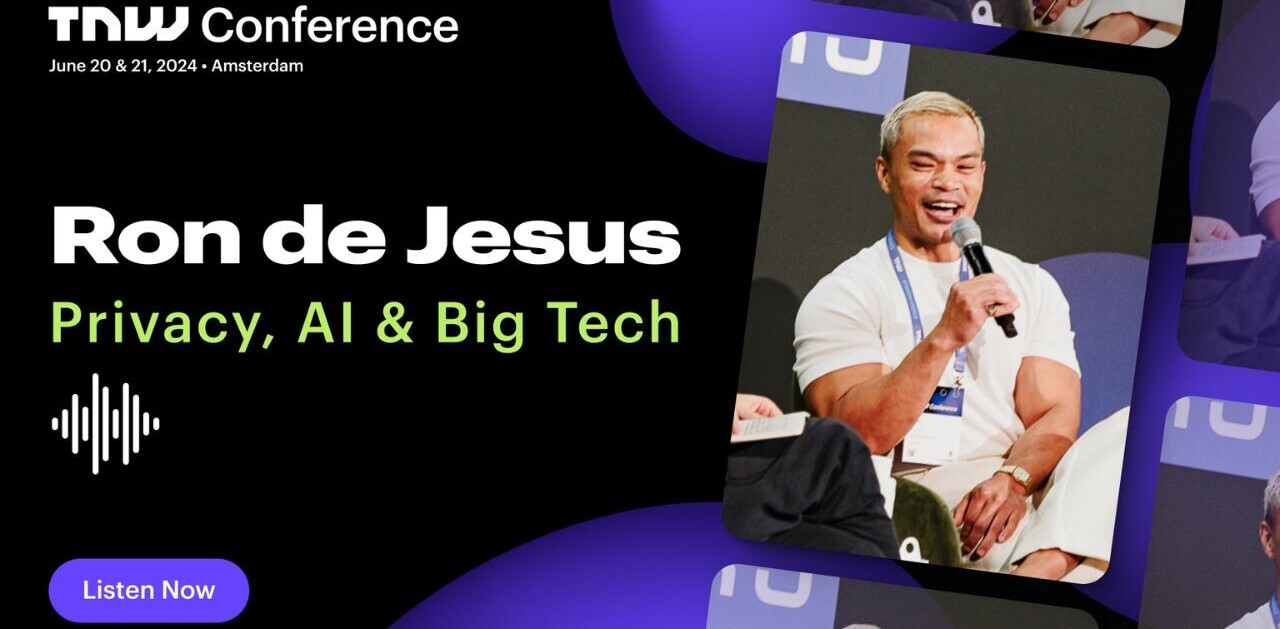A new app hopes to provide a “lifeline” to the 2.5 million people in the UK with ADHD.
Cog ADHD combines access to specialists with in-app treatment tools. The system is the brainchild of Dom Longford, who founded Cog ADHD after enduring his own struggles with the condition.
Longford had a breakthrough when a doctor recommended a new approach. Developed by scientists at Harvard Medical School and Massachusetts General Hospital, the framework divides treatment into five modules.
Each module corresponds to skills that address a common ADHD impairment, from coping with distractions to addressing procrastination.
Trials show the approach can dramatically reduce ADHD symptoms. Longford has personal experience of the improvements.
“Suddenly, everything started to make sense,” he said. “I wasn’t lazy, clumsy or a failure; I just couldn’t regulate my attention like 95% of the population. I stopped hating myself.”
The impact convinced Longford to bake the framework into Cog.
He describes the finished app as a “comprehensive toolkit” for managing the condition. Alongside the portal to vetted clinicians, the system offers symptom analytics, self-help strategies, and educational resources.
The NHS and ADHD
The app arrives amid an escalating crisis for ADHD services. Demand for treatment now vastly outstrips supply. Waiting times for diagnosis can exceed eight years.
In April, a think tank called the service model “obsolete.” The Nuffield Trust said the NHS faces an “avalanche of need.”
With public healthcare overwhelmed, people often seek support from tech.
Longford highlights several examples: text-to-speech software, noise-cancelling headphones, productivity apps, and, of course, Cog ADHD. Yet he admits that tech alone won’t solve the problems.
Longford argues that structural changes are necessary. He wants Britain’s new government to reform the care model.
“That doesn’t just mean throwing more resources at the situation but being more innovative around how we support people with ADHD,” he said.
Longford highlights the economic incentive. People with untreated ADHD can “lose” 22 days of productivity a year, according to the World Health Organisation. Workers with the condition are 30% more likely to have chronic employment issues.
Giving them better support could benefit everyone. With expanded budgets and services, the NHS could provide this. But its resources are limited.
Longford believes educational support can help. He suggests mandatory ADHD training for teachers, additional resources in schools, and extra accommodations for students with the condition.
But education can also come outside of the classroom. Tech can play a big role in this area.
“We particularly encourage information and tools to enable people to tweak their lifestyle habits to keep ADHD symptoms as low as possible,” he said.
“By knowing what triggers ADHD, the public can start to make effective changes.”
Cog ADHD is available on iOS and Android. The Cog Clinic offers free 20-minute consultations with specialists. Users can then choose to pay for ad-hoc sessions (£50-£190) or subscribe to the Cog Clinic for a discounted rate.
Get the TNW newsletter
Get the most important tech news in your inbox each week.






